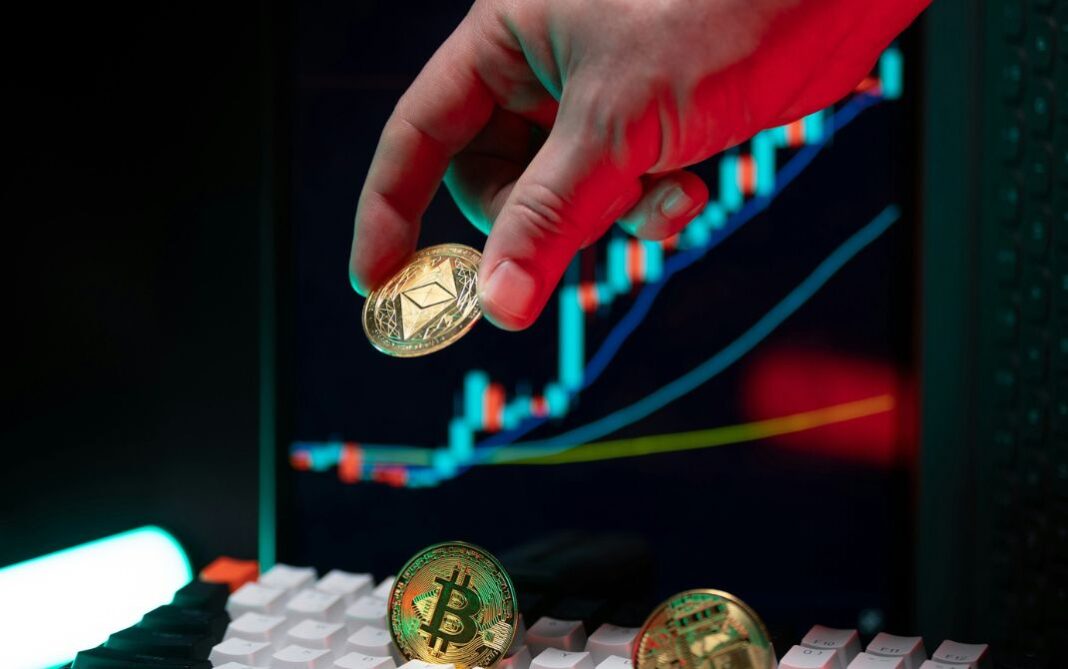Trade wars have historically rattled financial markets, disrupted supply chains, and forced governments into protectionist stances. But in today’s increasingly digitized economy, a new player is quietly altering the game: cryptocurrency. As nations clash over tariffs and sanctions, crypto assets like Bitcoin and Ethereum are becoming more than just speculative investments—they’re emerging as strategic tools in times of economic warfare.
When traditional markets panic during trade wars, investors seek hedges. Historically, that’s been gold or U.S. Treasuries. But cryptocurrencies, particularly Bitcoin, are now seen by some as “digital gold” due to their scarcity, decentralization, and resistance to political interference. During heightened U.S.-China tensions in recent years, crypto prices often surged alongside economic uncertainty—highlighting a growing perception of crypto as a store of value.
For individuals in countries affected by sanctions or capital controls, crypto offers a lifeline.
For example, amid sanctions, Iranian citizens turned to Bitcoin to preserve wealth and access international markets. Likewise, during Venezuela’s economic collapse, crypto became a functional medium of exchange when local currency failed.
On a macro level, crypto can also act as a tool of financial autonomy.
Countries facing U.S.-led financial restrictions, such as Russia and North Korea, have explored using cryptocurrencies to bypass the SWIFT system and facilitate international trade. While this raises regulatory concerns, it also underscores crypto’s geopolitical relevance.
However, crypto isn’t without risks.
It remains highly volatile and its legal status varies widely across jurisdictions. Additionally, as governments become more aware of its potential to undermine sanctions or monetary policy, stricter regulations could follow.
Conclusion
In the grand scheme, crypto isn’t replacing fiat or gold just yet. But amid global trade conflicts, it’s carving out a unique role—as a hedge, a transactional tool, and a symbol of financial sovereignty. As trade wars continue to test global economic frameworks, crypto’s relevance is only set to grow.




